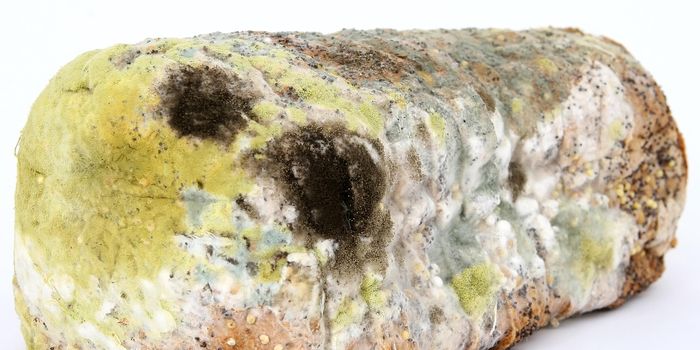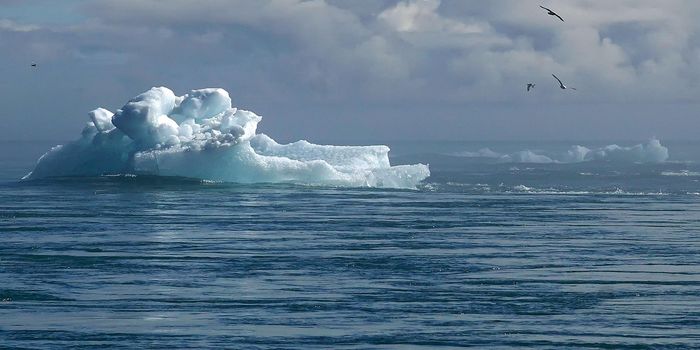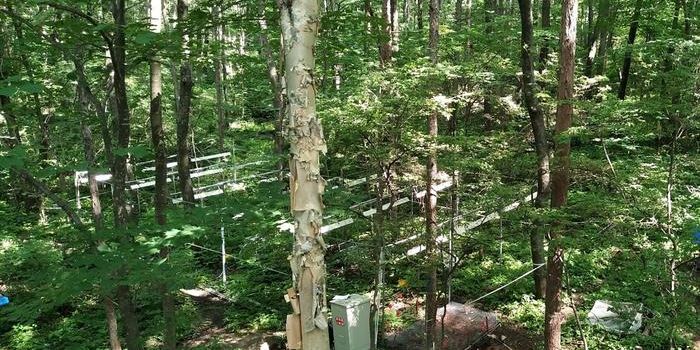Fisheries and Climate Issues Threaten Albatrosses
Albatrosses all around the world are in trouble. The International Union for the Conservation of Nature (IUCN) recognizes most species as threatened or near-threatened with the risk of extinction. Sadly, conditions may not improve for albatrosses for a while to come; if at all.
Image Credit: Pixabay
A new study published in the Proceedings of the National Academy of Sciences this week underscores how prevalent issues like contemporary fishing practices and climate change hinder the population growth of these iconic seabirds.
Worthy of note, too many albatrosses get tangled up in fishing gear. They’ll think they’ve hit the jackpot after discovering a lump of tasty fishing bait, but many end up getting hooked or entangled in the fishing equipment rather than escaping with the fishing bait as planned.
After becoming victims of unintentional bycatch, albatrosses frequently become trapped beneath the ocean’s surface, where they ultimately drown.
While some fisheries take precautions to avoid inadvertently harming albatrosses, the study indicates that warming ocean waters drive more of these seabirds outside of their normal exploratory realm and closer to fisheries. Consequently, this means more of the seabirds become involved in fishing equipment today than ever before.
“Our study shows that bycatch in fisheries and environmental change both contribute to reducing the survival rates of the birds,” said study lead author Dr. Deborah Pardo of the British Antarctic Survey (BAS).
“While we know population sizes were affected by bycatch from the mid-1990s, more recent climatic changes including stronger and more poleward winds, increased sea surface temperature and reduced sea ice have worsened the impacts.”
Related: Scientists are now counting albatross nests from outer space
It would seem as though albatrosses are dealing with a double-edged sword; while they regularly become caught up in fishing equipment in and of themselves, climate change could be exacerbating the issue and enabling albatross populations to dip to all-time lows.
The climate change problem is a bit more challenging to deal with, but the researchers cite improving fisheries’ management as one way that we can prevent albatrosses from becoming unintentional bycatch.
It should be interesting to see how animal conservationists will handle the dilemma. With a little bit of luck, perhaps we can conserve albatrosses and prevent them from going extinct.









